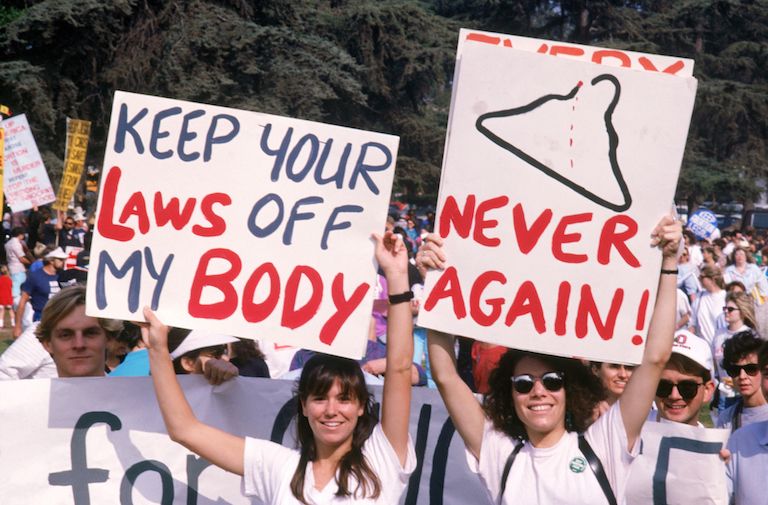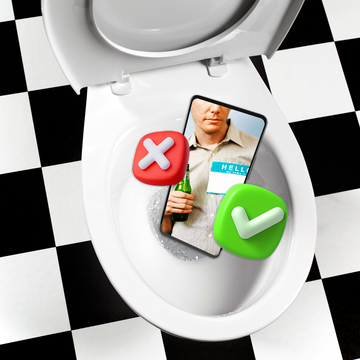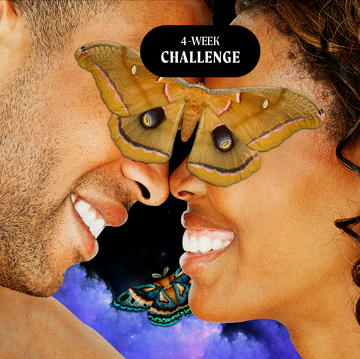On Tuesday, pro-choice organization NARAL released its 26th annual Who Decides? report, which looks at legislation and state and federal court decisions on reproductive rights across the country, and evaluates access to reproductive health care in each state. The report paints a grim picture: on a scale from "total access" to "severely restricted access," 26 states are scored as having "severely restricted access" to reproductive health care, thanks to their abortion bans, bans on counseling or referring women for abortions, and TRAP (Targeted Regulations of Abortion Providers) laws that impose onerous requirements on abortion clinics to prevent them from providing abortions at all — provisions in Texas's abortion law House Bill 2 were prime examples of this. The 26 states with "severely restricted access" include Kansas, Kentucky, North Dakota, and South Dakota, where 98 percent of counties don't have a single abortion clinic, and Mississippi, where 99 percent of counties don't have one.
On the other end of the spectrum, states won points for expanding the pool of qualified health-care professionals permitted to provide abortions, protecting patients and clinic workers from harassment with proactive laws, increasing and protecting access to birth control, and expanding low-income women's access to abortion. While no states reached what NARAL considers "total access" status, six states — California, Connecticut, Hawaii, Montana, Oregon, and Washington — offer "strongly protected" access, thanks to their pro-choice policies on abortion and family planning. Because of so many regions' lack of access, though, NARAL rated the status of the country as a whole as "restricted access."
NARAL's president, Ilyse Hogue, predicts that access will get worse before it gets better. "The state of the reproductive union continues to get bleaker and bleaker," she said in a conference call Tuesday. Pointing out the Obama administration's role in opposing proposed anti-choice legislation and appointing pro-choice judges who battled state-level anti-choice measures — according to the report, 56 of these measures were passed just last year — Hogue warned of the incoming administration's potential impact: "As President-elect Trump takes office, as [anti-choice congressman] Tom Price potentially becomes the head of Health and Human Services, and Vice President Pence has increasing influence over domestic policy, we could possibly be facing a public health-care crisis in this country."
Access to reproductive health care, Hogue added, is "more threatened now than at any time since the passage of Roe v. Wade" — in spite of the fact that 7 out of 10 Americans want abortion to stay legal and accessible. "Most people who voted for a President Trump, and Republicans, did not do so because they want him to restrict reproductive rights," NARAL's report reads. "This was true before the election, and it’s still true now." Click through to the full report to find out how your state is doing on access to reproductive health care.
Follow Hayley on Twitter.














